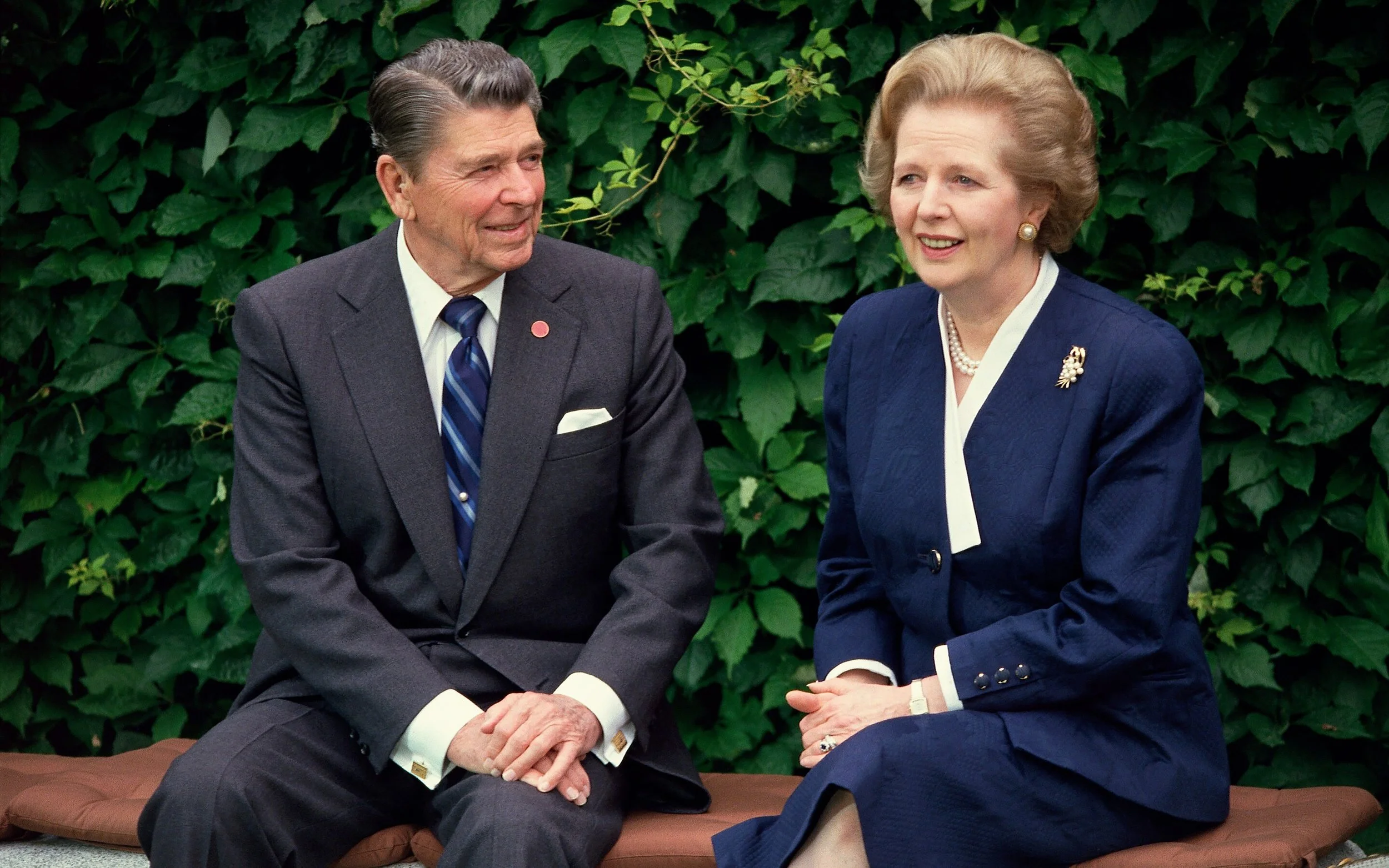Why Should We Think More About 1979?
There are years which stand out in history. Certainly, living through them does not always entail immediate revolutionary change. But these years then serve as transitional markers from one era to the next, through different world orders, ideological shifts, demographic, international, and economic variance. Examples are 1492, the end of the Reconquista of Arab Spain, 1929, the great depression, 1945, the end of the second world war, 1989, the fall of the berlin wall, 2001, the attacks on the twin towers, etc. Each of these years marks an important series of events that altered the world order.
In this article, I will focus on the year 1979; this year seems to have marked a crucial ideological shift in our perception of economics, among many other fields of study and ideologies. In Amin Maalouf’s essay Le Naufrage des Civlisations (The Shipwreck of Civilizations), 1979 is named “The year of the great reversal”. Without any desire to grotesquely simplify Maalouf’s analysis, 1979 marked the beginning of an ideological change in which progressivism fell on the defensive position, while conservatism became revolutionary. I will review what makes this year so special, and why this great author and intellectual emphasizes its importance in his essay, notably in relation to our modern understanding and approach to socioeconomics and politics.
In May of 1979, Margaret Thatcher was elected as Prime Minister of the United Kingdom. Thereafter, she began the conservative revolution in which the government’s economic intervention diminished, and the welfare state was no longer seen as necessary or desirable… Shortly after this, Ronald Reagan became president on the other side of the Atlantic, with his administration promoting similar conservative values.
This “new” form of governance certainly came with its benefits. Namely, the US saw notable economic growth in the 80s: between 1982 and 1987, 13 million jobs were created. Nonetheless, one could also perceive 1979 as the birth of modern populism, as well the new individualism and civilizational conflicts which govern our societies today. In addition, according to many studies, it is during the 70s that many neoliberal think tanks began to gain significant political influence. For instance, the Heritage foundation immensely influenced Reagan’s policy with its Mandates for Leadership. Deregulation, the naïve belief in the market’s self-sufficiency, tax cuts, and increased defense spending all became standard policies which now constitute the norm in politics.
Interestingly, at the same time as these conservative revolutions unfolded in the West, Iran went through its own metamorphosis with Khomeini’s Islamic revolution – an event which would change the Arabo-Islamic world forever. 1979 also marks the Soviet invasion of Afghanistan, which led to the Carter administration’s armament and support of guerillas in the country, as well as the USSR’s eventual demise.
In my opinion, what Maalouf brilliantly puts forward with respect to 1979 is the revolutionary moral shift in which equality ceased to be a moral reference. Thereafter, inequality began to rise and eventually reached the frightening levels we can observe today.
Strikingly, December 1978 saw Deng Xiaoping rise to power in China. He challenged the Maoist tradition and gave birth to China as we know it today. He also emphasized the objective of “four modernizations”. Private businesses were permitted to operate for the first time since the communist takeover, and numerous policies and initiatives were adopted: special economic zones, foreign investment was permitted and encouraged with the open-door policy. Modern China was born, and these new policies had exceptional effects. Wages grew six-fold between 1978 and 2005, and absolute poverty declined from 41% to 5%. However, like the Western countries, China’s economic growth was accompanied by strong inequality and the lack of individual freedoms.
So many other events, consequences, revivals occurred in 1979. In a short op-ed like this one, there is no time to point out the complexities and specific consequences of these events and their dynamics without being criminally simplistic. But what I want to underline here is the conjunction of different dynamics (conservative revolutions, the fall of leftist movements in the West and elsewhere, the beginning of the end of the Soviet Union…) which interacted with one another to create the current global order, and our modern perception of the socioeconomic system and how it works. Furthermore, I want to emphasize how humans from different walks of earth interact and perceive each other through new lenses. I believe we really should think more about 1979 because there are many calamities in our modern societies which could be better understood by acknowledging their roots, so as to better combat them.
Edited by Adam Chatelan

